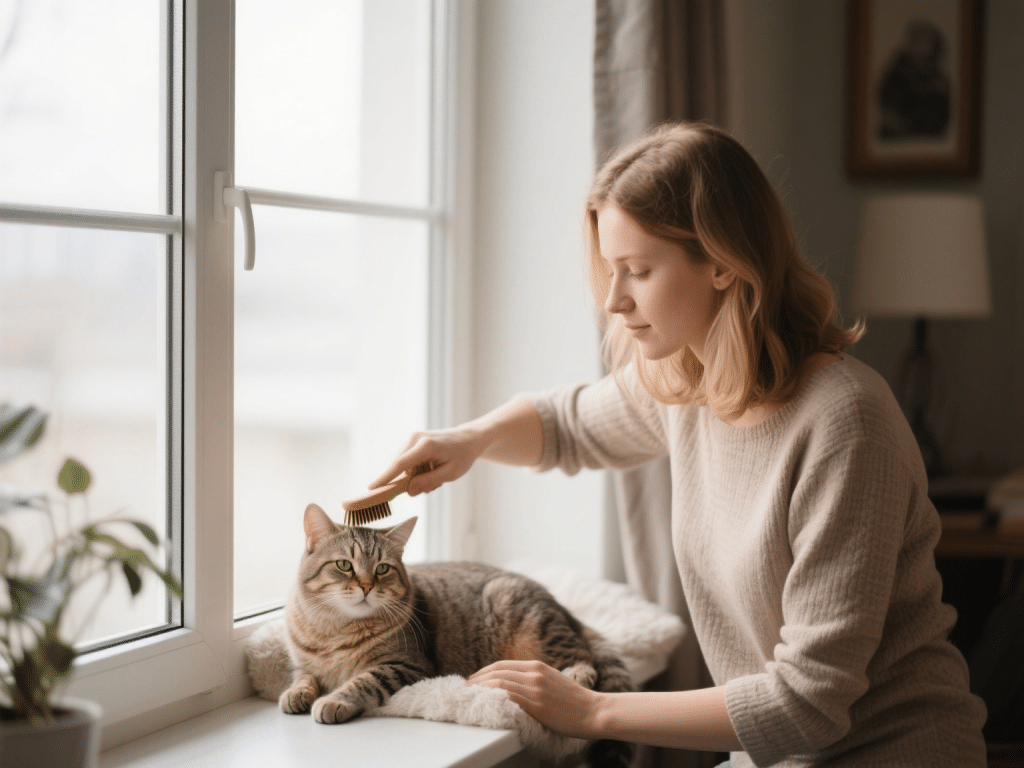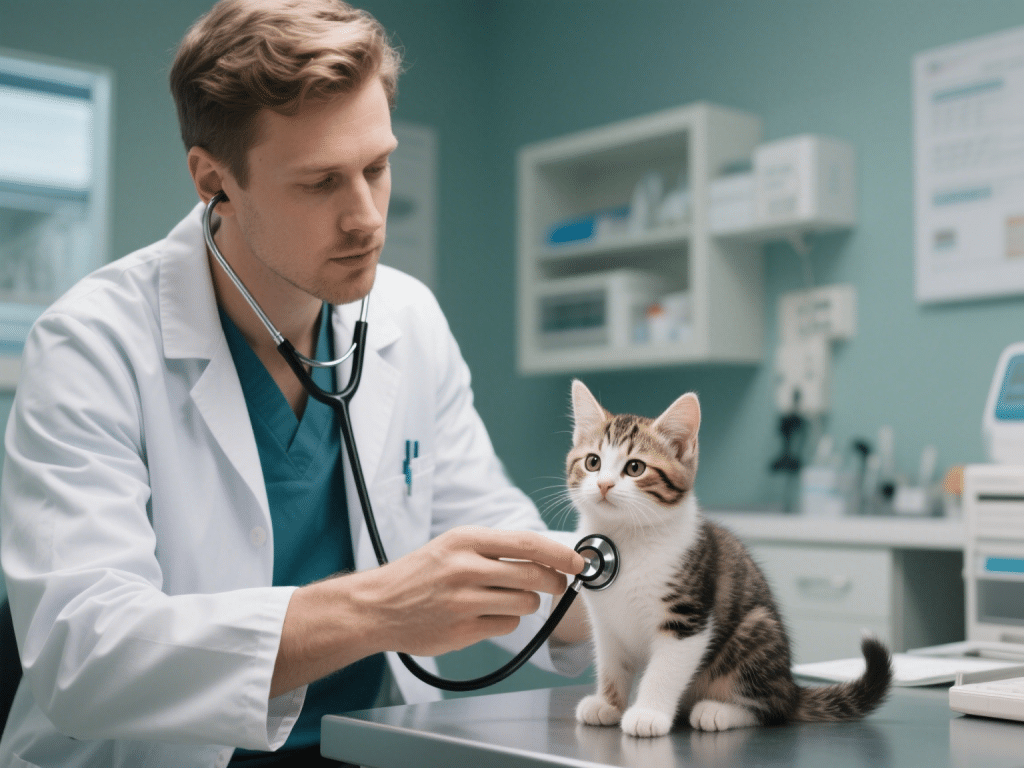Senior Cat Care: Nutrition and Exercise Tips for Aging Felines

Cats are living longer than ever thanks to improved veterinary care and nutrition — but with age comes new challenges. As a feline wellness blogger with over a decade of experience in senior pet care, I’ve helped countless cat owners support their aging companions with grace and comfort.
When Is a Cat Considered Senior?
Cats are typically considered senior between 10 and 14 years old, and geriatric at 15+ years. Subtle signs of aging can include:
Reduced mobility or stiffness
Weight fluctuations
Increased sleep or restlessness
Dental problems or appetite changes
Nutrition for Senior Cats
1. High-Quality Protein
Older cats lose lean muscle mass, so focus on easily digestible animal-based proteins like chicken, turkey, or salmon. Avoid plant-based fillers.
2. Moisture-Rich Foods
Many seniors develop kidney issues — switch from kibble to canned or rehydrated freeze-dried diets to keep them hydrated.
3. Joint Support
Look for food or supplements containing:
Glucosamine and chondroitin
Omega-3 fatty acids (from fish oil)
MSM (methylsulfonylmethane)
4. Controlled Calories
Weight gain can strain aging joints, while weight loss may signal illness. Choose a senior-specific diet with balanced calories and monitor weight monthly.
5. Dental Considerations
If chewing is a problem, choose soft, pâté-style foods or soak kibble to make it easier to eat.
Safe and Simple Exercise Routines
1. Short Play Sessions
Use wand toys, laser pointers, or slow-moving plush mice for 5–10 minutes, 1–2 times daily.
2. Encourage Movement
Place food and water in different areas
Add low-step cat trees or window perches
Use interactive feeders or puzzle toys
3. Massage and Stretching
Gentle massages can improve circulation and ease stiff joints. Stretch their legs and back with care — most cats love it.
Routine Vet Visits
Senior cats should visit the vet every 6–12 months, including:
Bloodwork (kidney, thyroid, liver panels)
Dental checks
Weight and muscle tone assessment
Behavior and mobility evaluations
Home Comfort Upgrades
Heated beds for stiff joints
Easy-access litter boxes (low sides)
Ramps or steps to reach favorite spots
Final Thoughts
With the right nutrition, gentle movement, and regular care, senior cats can thrive well into their golden years. Aging is natural — but decline doesn’t have to be. Your mindful support can make all the difference.






Comments on "Senior Cat Care: Nutrition and Exercise Tips for Aging Felines" :